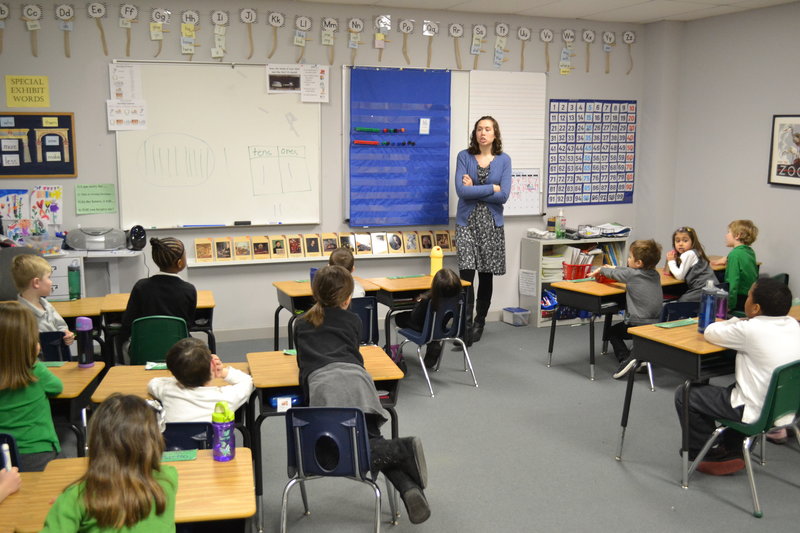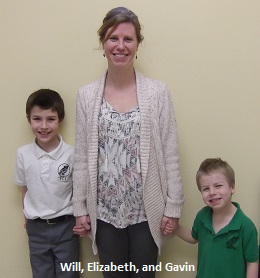Media

The Case for More Educational Choice in Philadelphia
Will’s family thought he was one of the chosen few: A Philadelphia student who managed to secure a seat at the high-performing Christopher Columbus Charter School. But something wasn’t right. He struggled with reading and did not enjoy school. With each passing day, it became clear to his mother, Elizabeth, that he needed a different approach to learning.
That’s where Philadelphia Classical School (PCS) fills a void. At PCS students are more than readers and writers. They are musicians and artists, too. The arts aren’t merely enrichment; they are incorporated into the curriculum from the earliest grades. That’s not to say traditional learning is de-emphasized: For students in kindergarten through second grade, reading is emphasized above other homework assignments.

The classical approach is precisely what Will needed when he came to PCS as a second grader. The curriculum and support structure at PCS changed everything. After enrolling, Will’s reading level improved and he loves to write stories, according to Elizabeth.
The decision to enroll at PCS was not easy. Will’s father teaches at a public school and his family values the public education system, but Will needed a school suited to his individual needs. Elizabeth is thrilled with the quality at PCS. She explains, “PCS cares about life learning.” Elizabeth’s younger son, a kindergartner named Gavin, also enrolled at the school.
Although the classical approach is steeped in history and tradition, it represents a unique educational choice. PCS is the only classical school in Philadelphia, and it serves as a lifeline for dozens of families unsatisfied with their neighborhood options.
Jessica, mother of current PCS student Arabella, looked into private school because she was concerned about safety in their assigned public school, Alexander Adaire. “I wanted to be 100 percent comfortable with safety. I would be terrified to send Arabella to Adaire. It wasn’t an option.” Philadelphia District schools reported nearly 2,500 violent incidents in 2014.
Before learning about PCS, Arabella languished on the waiting list at eight different charter schools. Jessica explains, “Without PCS, we would have to move to the suburbs. Every year many of my friends move out and we did not want to be like that.”
Without the Educational Improvement Tax Credit (EITC) program, schools like PCS would be out of reach for Will, Gavin and Arabella. Each student benefits from the EITC, a linchpin of school choice in Pennsylvania which allows businesses to contribute private scholarships in exchange for tax credits.
Another unique characteristic of PCS? It leases space in a shared building with the Chinese Christian Church and Center. This means that on Friday afternoon, many classrooms are disassembled to make room for the church’s weekend activities. PCS intends to expand to its own space with the help of generous philanthropists. For the time being, though, the shared space suits PCS just fine—it stands as a testament to school’s entrepreneurial spirit, community focus, and the appetite for expanded choice in the city.